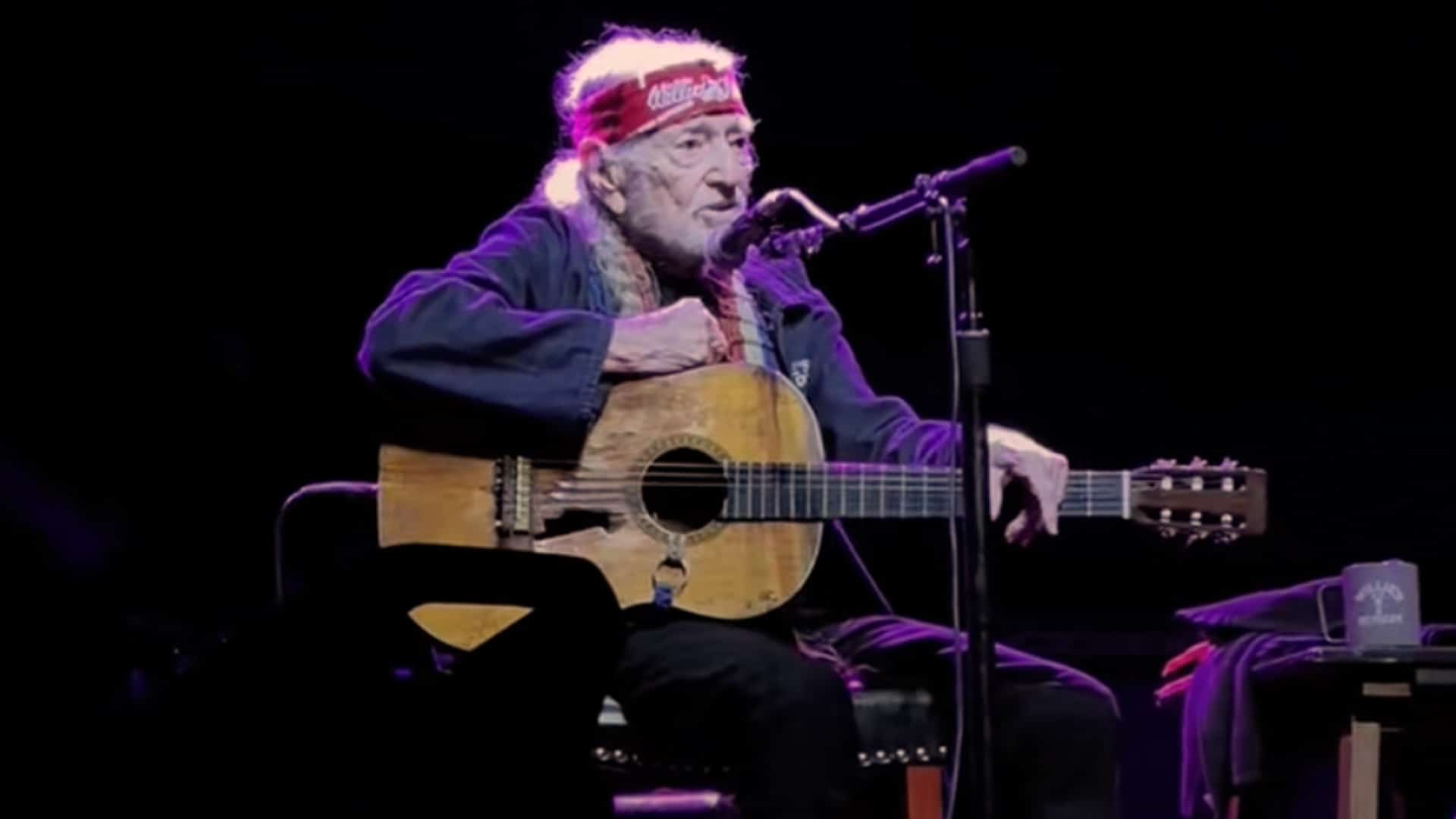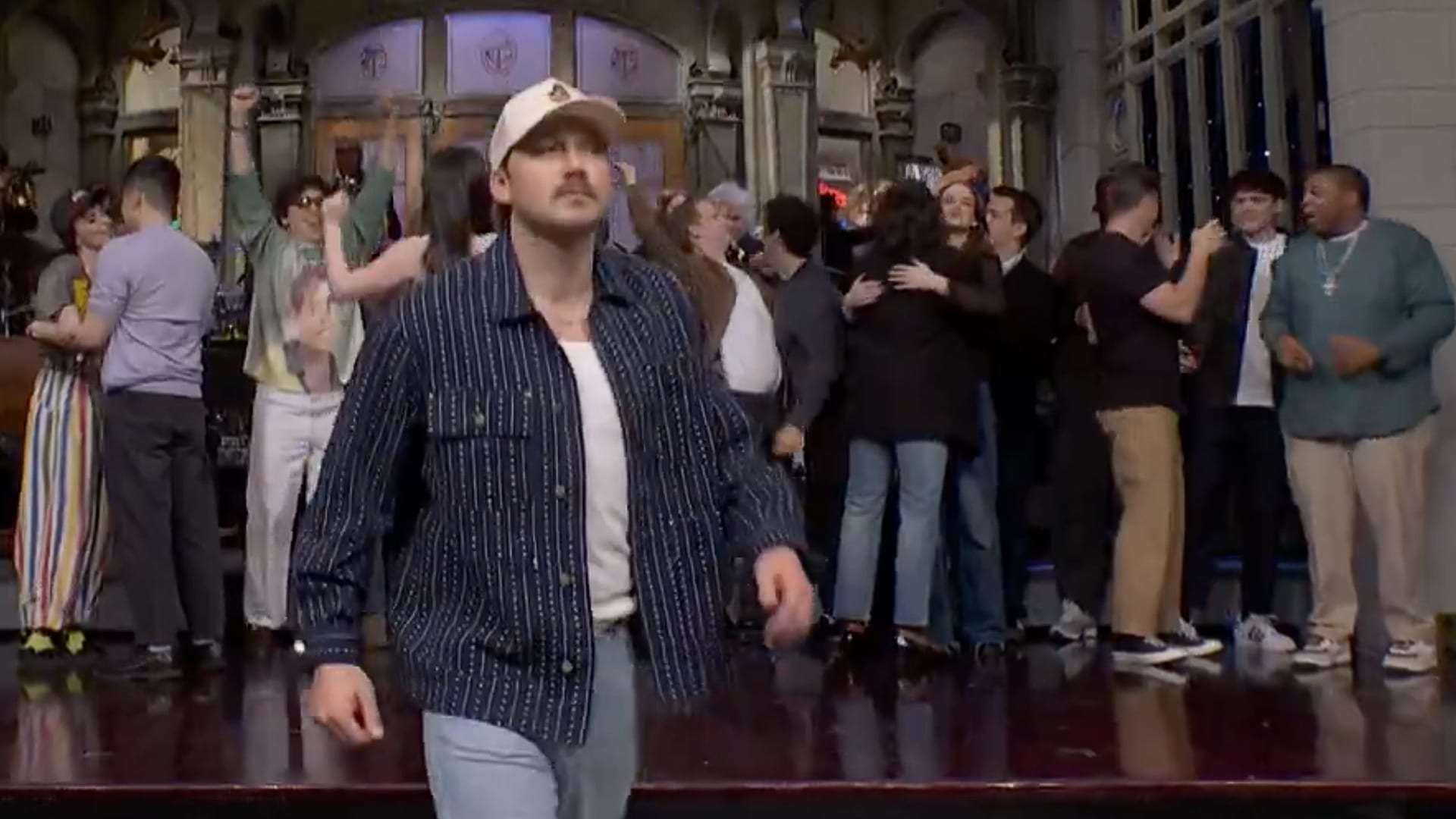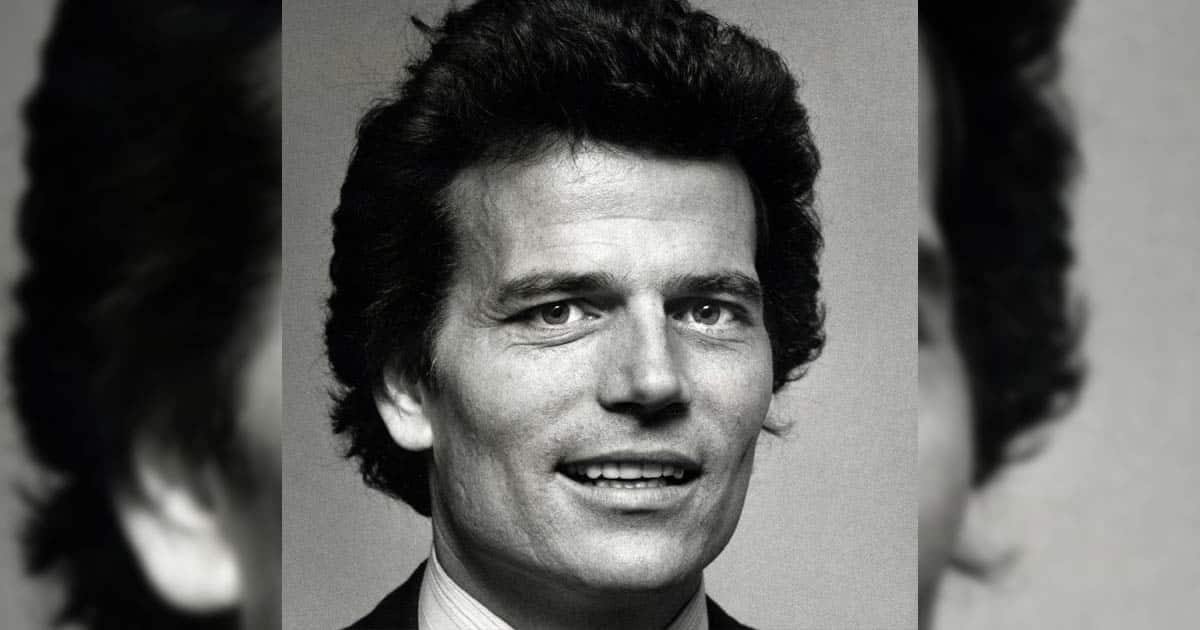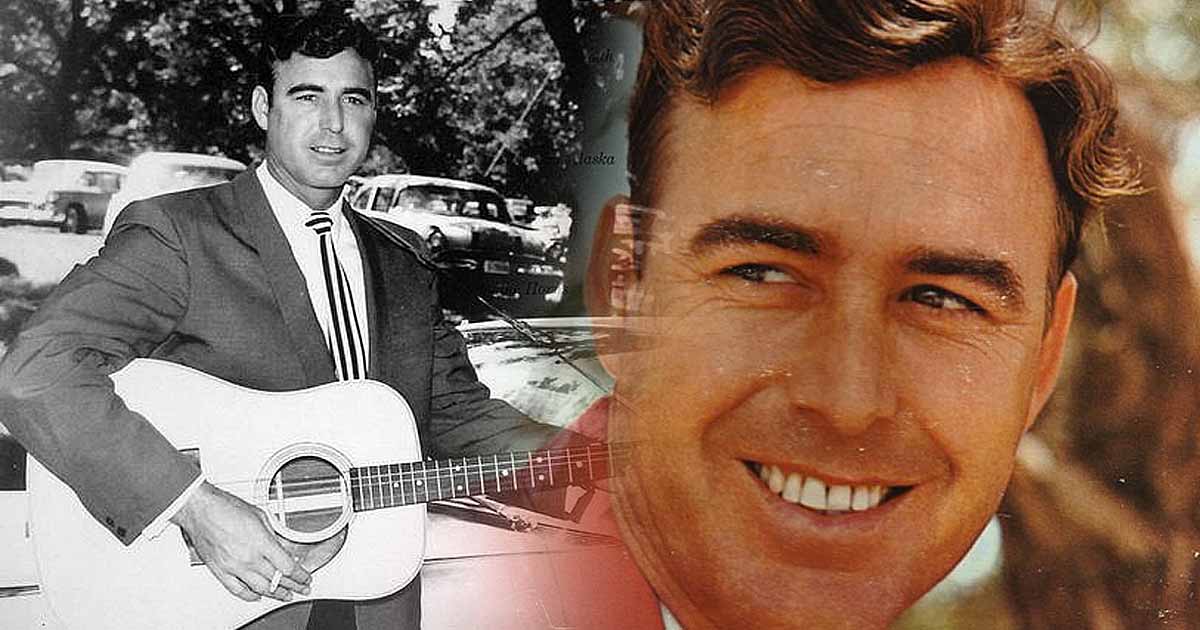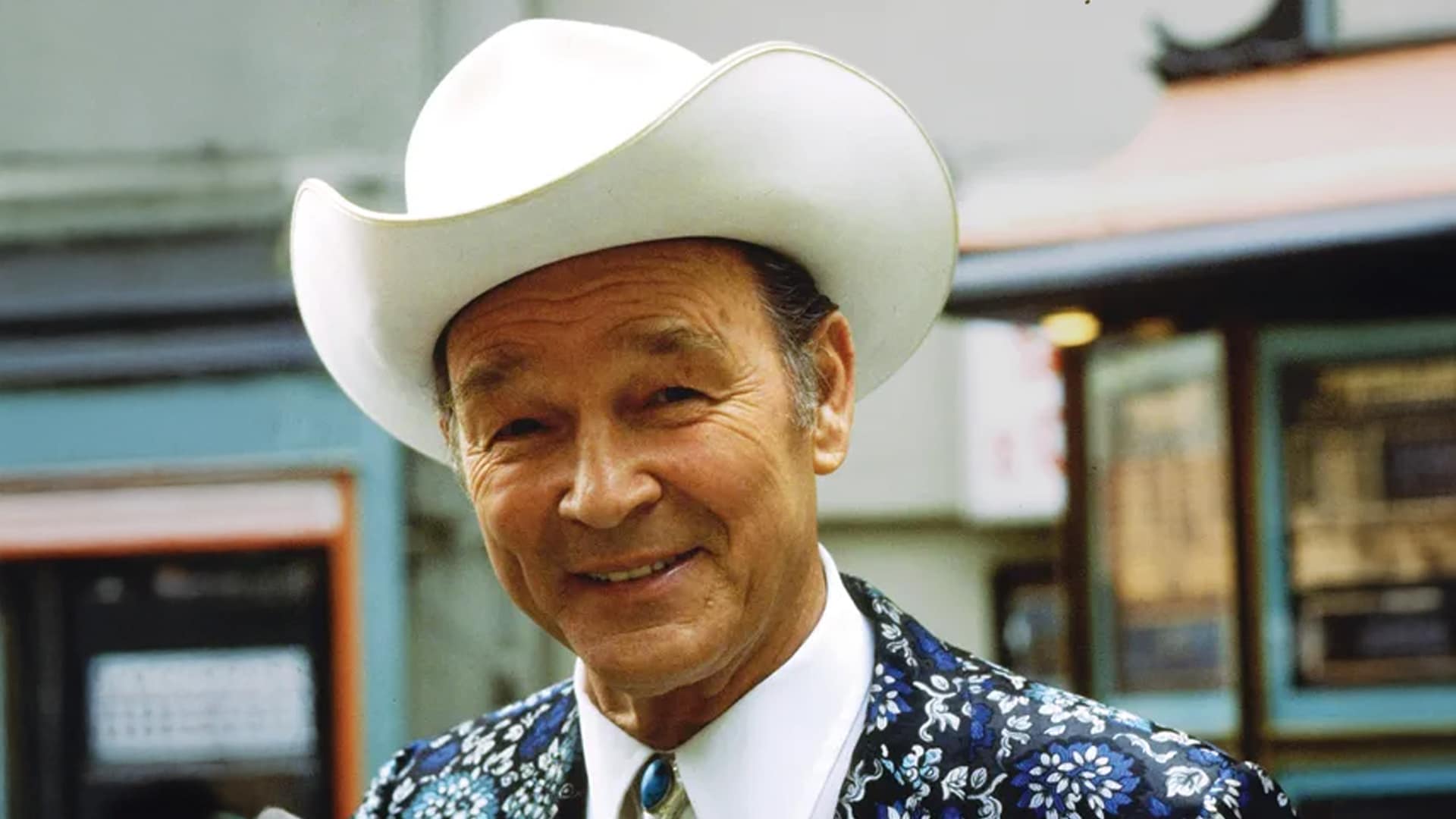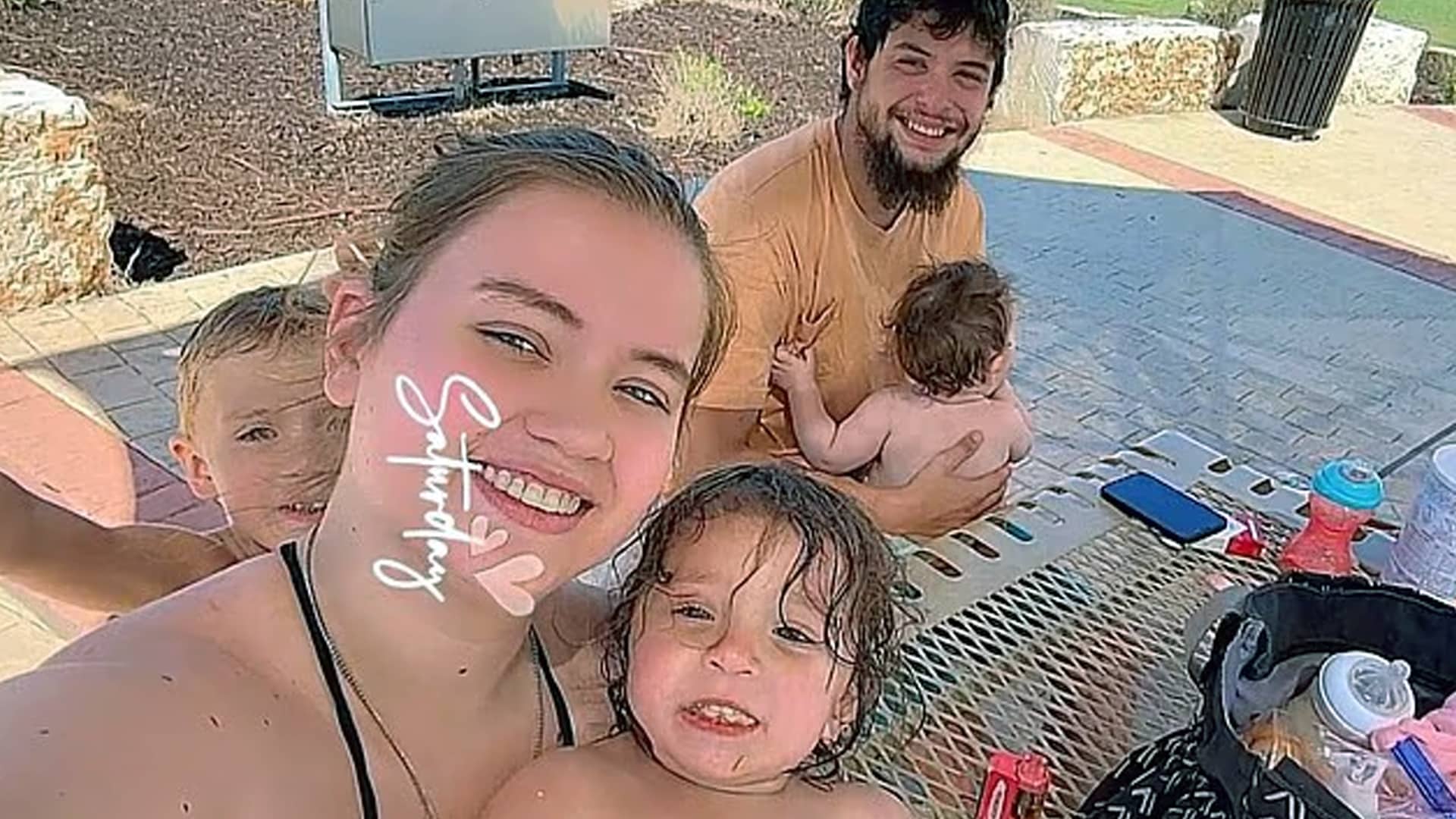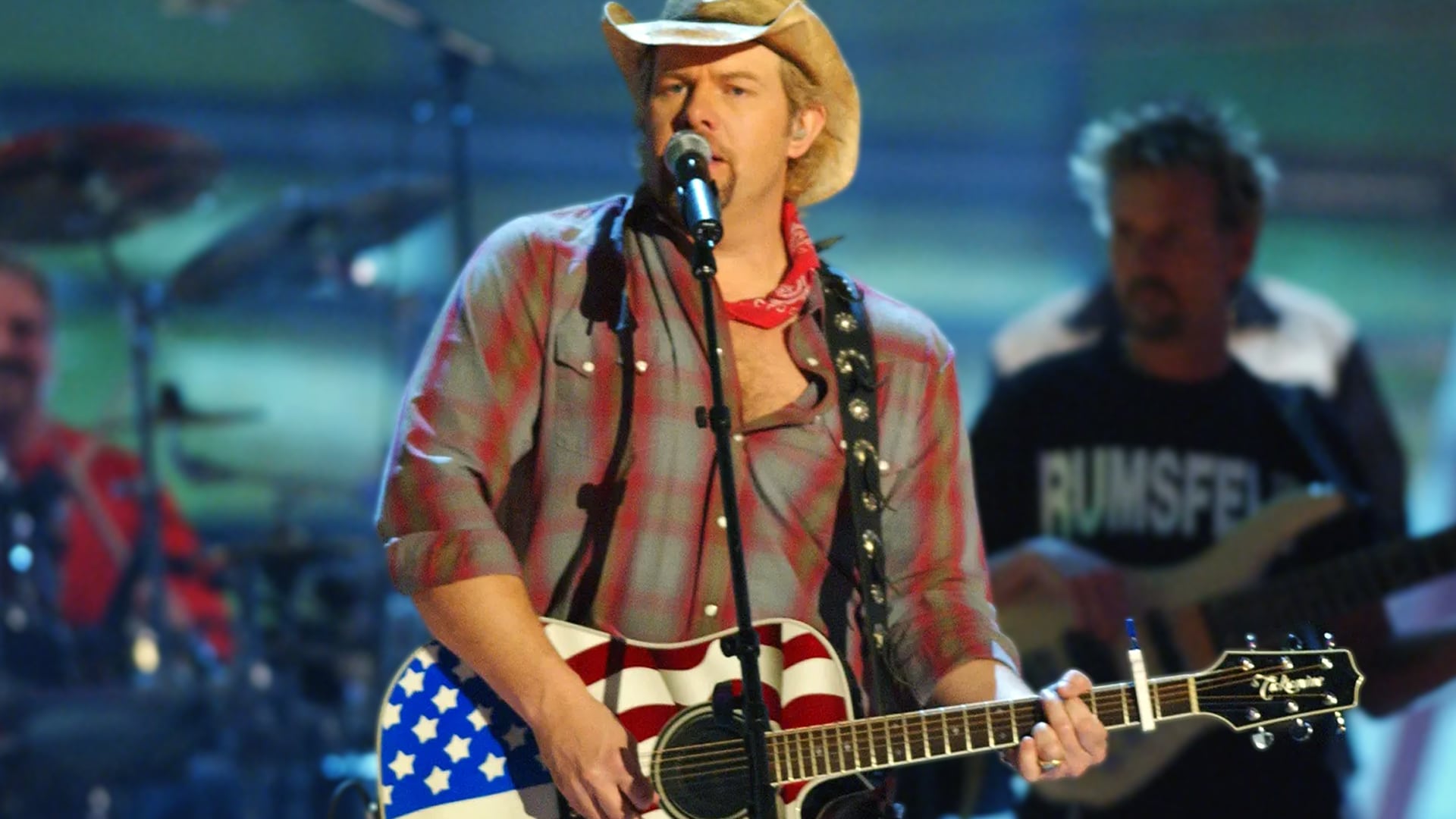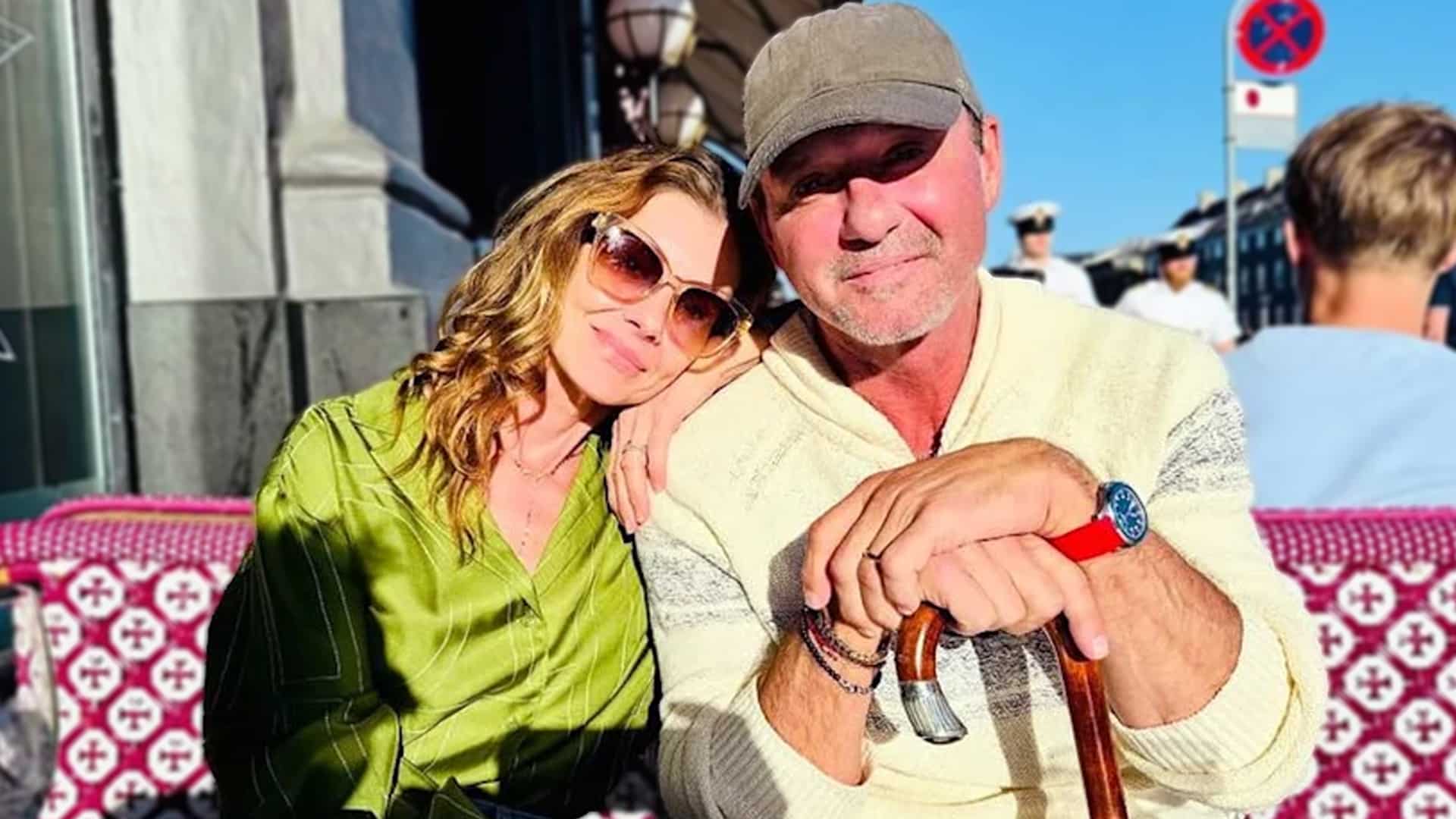When Willie Nelson took the stage in Macon, Georgia, on April 13, it didn’t feel like another tour stop. It felt like something sacred—something that only happens when a living legend stands in the middle of a state that shaped a song and sings it like it still aches in his bones.
He didn’t say much. He never does. He didn’t need to.
Wearing his trademark braids and that worn red bandana, Willie stood under the lights at 91 years old, steady as ever. The Family Band eased into their groove, and the night rolled on with familiar favorites—“Blue Eyes Crying,” “Angel Flying Too Close to the Ground,” and “Always on My Mind.” But when those first gentle chords of “Georgia on My Mind” started, the noise in the crowd went still, like the room had just remembered where it was—and who it was listening to.
There was no big buildup. No dramatic lights. Just Willie, that road-worn guitar, and a voice that sounds like it’s soaked in sorrow and sweet tea.
“Georgia, Georgia…” he sang, soft but certain. Every word landed slow and heavy, like a memory you didn’t know you missed. His phrasing wasn’t perfect—it never is—but it was honest, and that’s always been more than enough.
This wasn’t a polished tribute. It wasn’t for show. It was for the people. For the place. For the song. And that’s exactly why it landed like it did.
When he reached the last note, folks were already on their feet. Not because someone told them to clap but because they had to. It was the kind of ovation that doesn’t come from excitement—it comes from respect. The kind that says: Thank you for still being here. Thank you for still giving a damn.
On TikTok, country artist Alison Nichols captured the moment and captioned it simply: “literal legend.” A comment read, “Could never get tired of Willie.” That’s the truth. You don’t get tired of someone who’s been telling the truth in three chords for over half a century.
And he’s not done yet. Willie’s next album, Oh What a Beautiful World, drops on April 25. It’ll be his 154th record. That number’s absurd—impossible, even—but somehow, it still makes perfect sense. He’s always been more marathon than moment.
In Macon, the crowd didn’t just stand for a song. They stood for the man who’s been standing for all of us longer than most of us have been alive.
He didn’t play it like a showman. He played it like a witness. And the state of Georgia heard every word.

